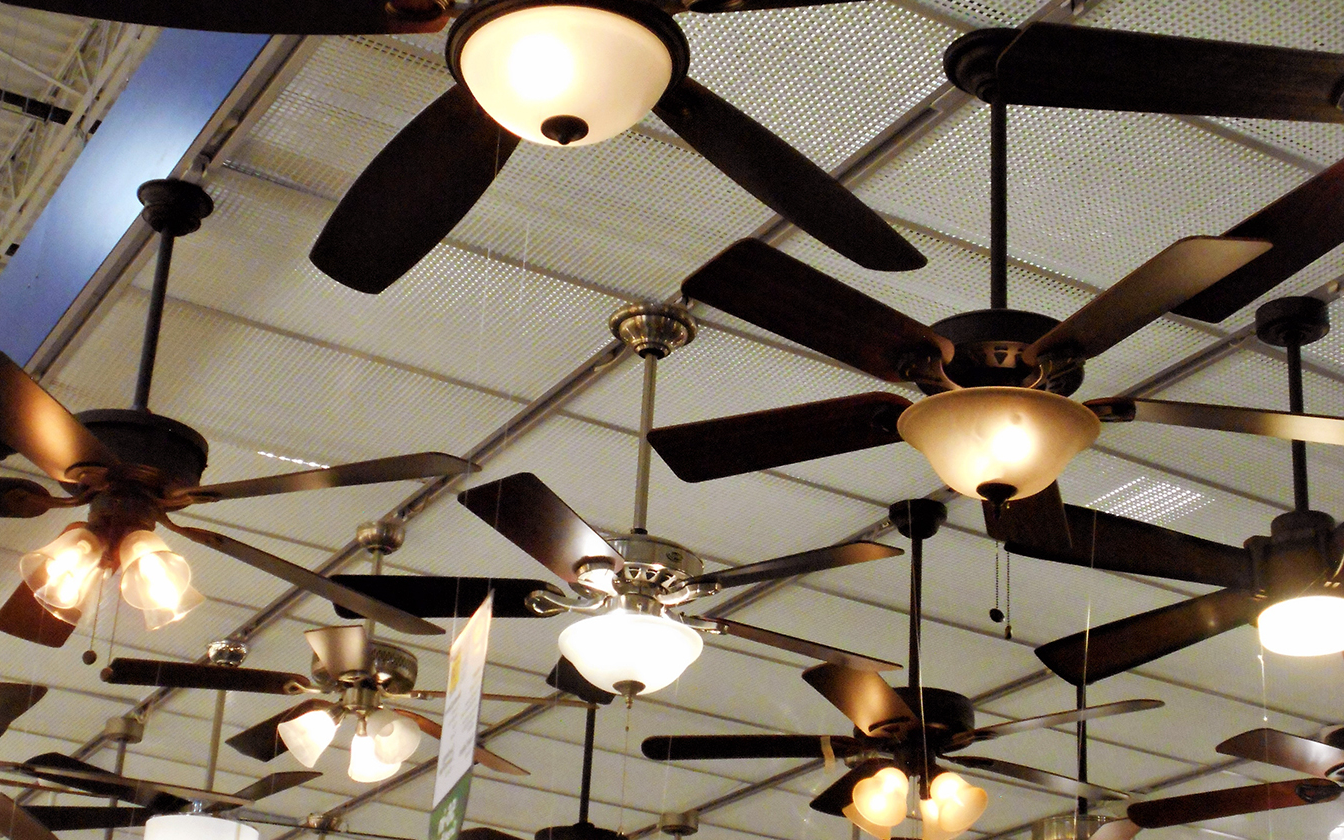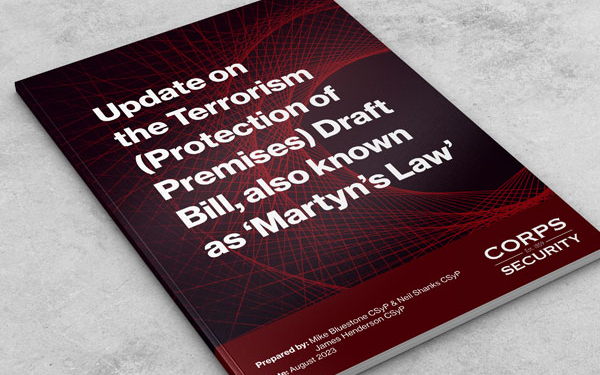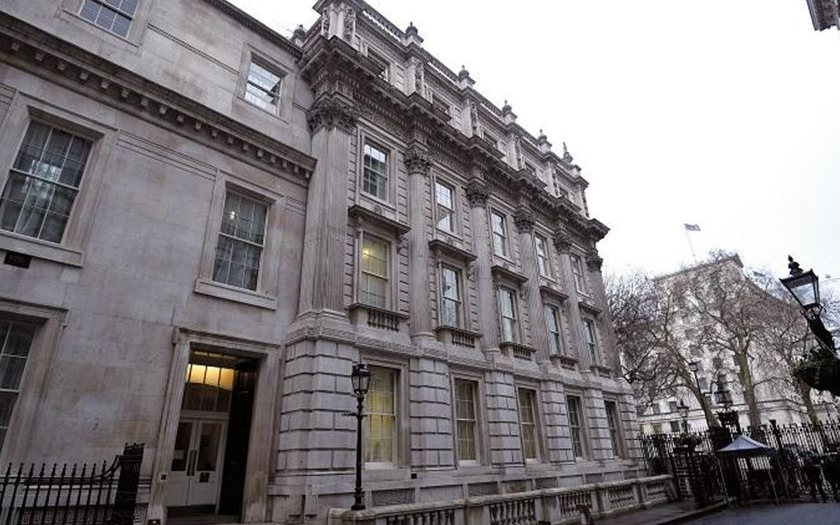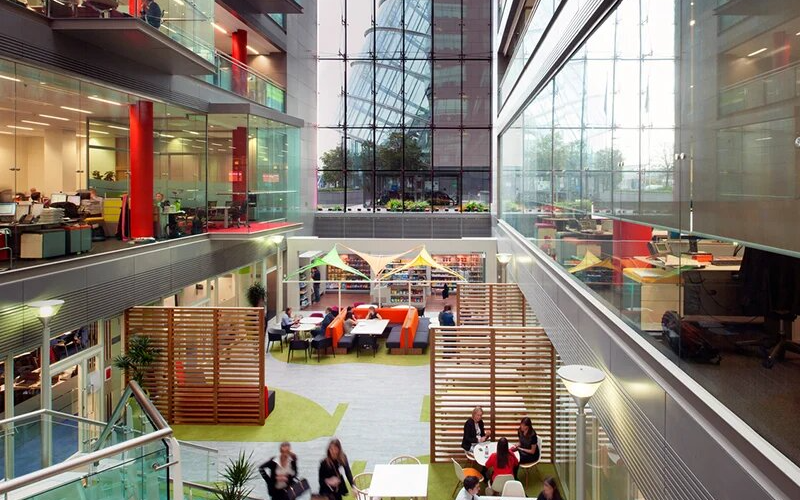Stripped out ceiling tiles and lighting to be stored in London for reuse in bold FIS carbon-cutting pilot
By Chris Wheal
July 23, 2024

Can ceiling tiles and luminaires be removed, stored and reused?
The UK’s fit-out trade body FIS has launched an ambitious pilot fit-out reuse centre in East London. The Project Reuse pilot will start with suspended metal ceiling tiles and luminaires from a nearby office fit-out. The pilot will run for a year with at least six months of storage.
The plan is to spot the issues that block a more systemic approach to reuse in key product areas and resolve them. The pilot will identify barriers and potential commercial models. It aims to create an end-to-end process supported by relevant standards. The ultimate aim is to normalise and industrialise reuse.
In its launch statement, FIS says: “This project has the potential to create the framework to develop a universal marketplace for reuse products and thereby reduce waste and the carbon impact associated with fit-out projects.”
A tile of two ceilings
FIS says: “As a first step we have identified some ceiling tiles, which will make their way to the storage facility shortly, and we are visiting the site where they are currently installed next week. This process will help us understand what information is required to ensure that the process of finding a new home goes as smoothly as possible.
Project Reuse has 10 initial backers. The partners come from all parts of the supply chain. They include architects, fit-out contractors, strip-out contractors, sustainability consultancies and manufacturers. FIS says they “bring deep knowledge and a great balance of outstanding skills and practical experience to the table”. Contributions range from £2k to £5k.
FIS’s Sustainability Leadership Group ran several round-tables and held working group discussions before deciding to take the plunge. It now has a Reuse Initiative working group, which is open to FIS members, their clients and others interested in enabling reuse on a larger scale.
The Reuse Initiative governance board is made up of members that have committed financially or in-kind to the success of the pilot project.
Repeat fit-outs
FIS claims:
· Commercial offices get refitted on average every five to seven years and sometimes more often for high-value offices.
· When an office building is new or when a tenant moves out, the space is stripped out and can either be refitted to shell and core or to a Cat A specification.
· Cat A typically includes kitchen and facilities, basic building services and basic finishes. The finishes typically include suspended ceilings, luminaires and raised access flooring (no floor covering).
· Some elements of Cat A will most likely be disposed of when the space is fitted to a Cat B standard even though they are pretty much new.
But the problems are many:
· There is little time and space on site to segregate and store products until they are being picked up by an organisation for reuse. Construction projects are time dependent and delays can be costly.
· For the project team to specify reused products, they need to have confidence that the products will be available at the time of installation and of the right quality.
· Very few pre-fit-out audits are carried out prior to the demolition stage. Products identified during the audits are listed on digital platforms and often find their way to the charitable sector.
FIS members have identified the need for a physical storage space where products can be stored, processed and then redirected to a new site. To create sufficient supply and demand, there is a need to have wide collaboration across the sector.
FIS wants to create confidence that reused products can be specified and there won’t be delays in project.
Good idea or waste of time? Tell us what you think.







.png)